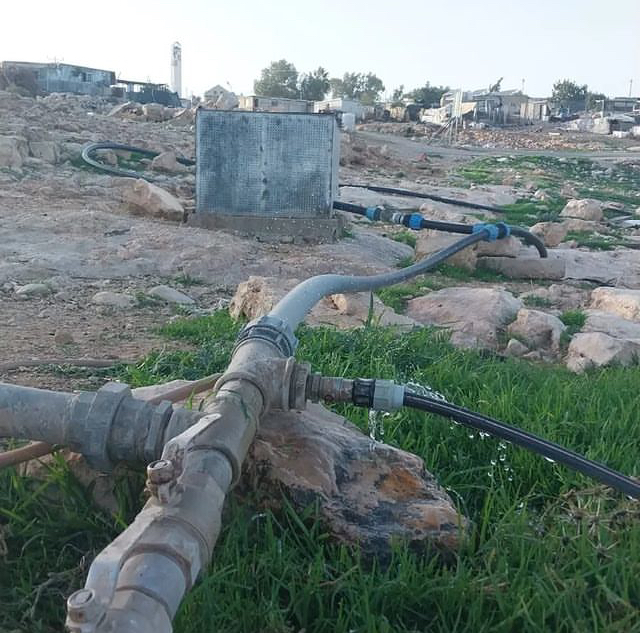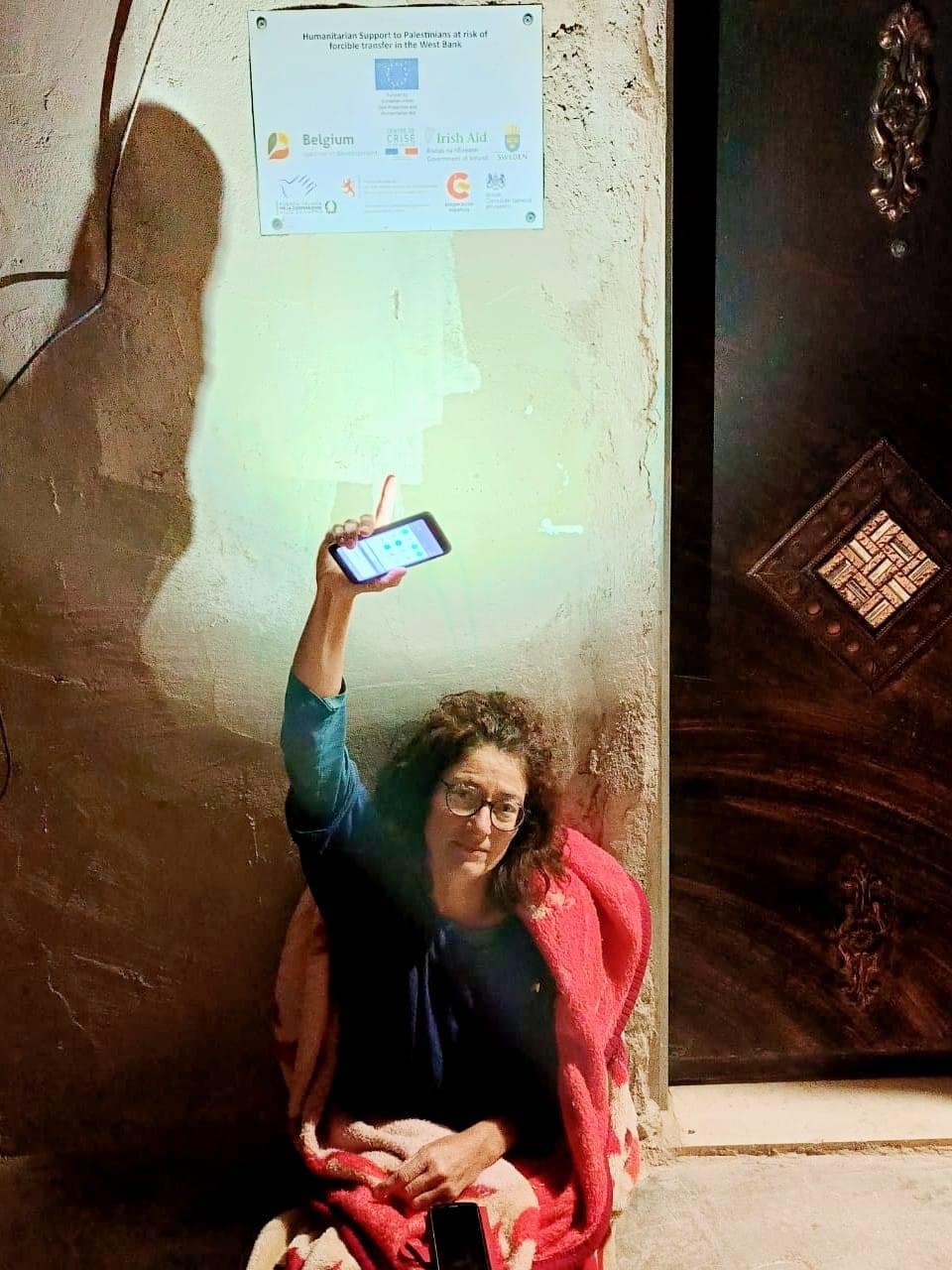Author: ISM Media
-
“Isn’t it enough?”: Water in Um Al-Khair
Villagers in Um Al-Khair have been repeatedly prevented from bringing their sheep to graze on the outskirts of the village. In one such incident several days ago, settlers attacked the Palestinian shepherds, and together with Israeli police and civil administration officials claimed that the village’s water infrastructure was on settler land, and threatened that the…
-
A Song from Gaza: Alone (لوحدك)
Alone/ لوحدك is a poem by Egyptian poet Ehab Lotayef performed by Haidar Eid on the music by Reziq JuJu. Haidar Eid is a professor at al-Quds University in Gaza City now trying to stay alive in the midst of the genocidal attack by apartheid Israel on Gaza. Haidar wants to express the feelings of…
-
Human Rights Defender Accused of Supporting Terror
Alison Russell, a Scottish-born Belgian citizen and Human Rights Defender, was detained by the Israeli occupation authorities while documenting the demolition of a house in Masafer Yatta, in the South Hebron Hills of the occupied West Bank. She was deported after very perfunctory proceedings at the Jerusalem Magistrate’s Court.



